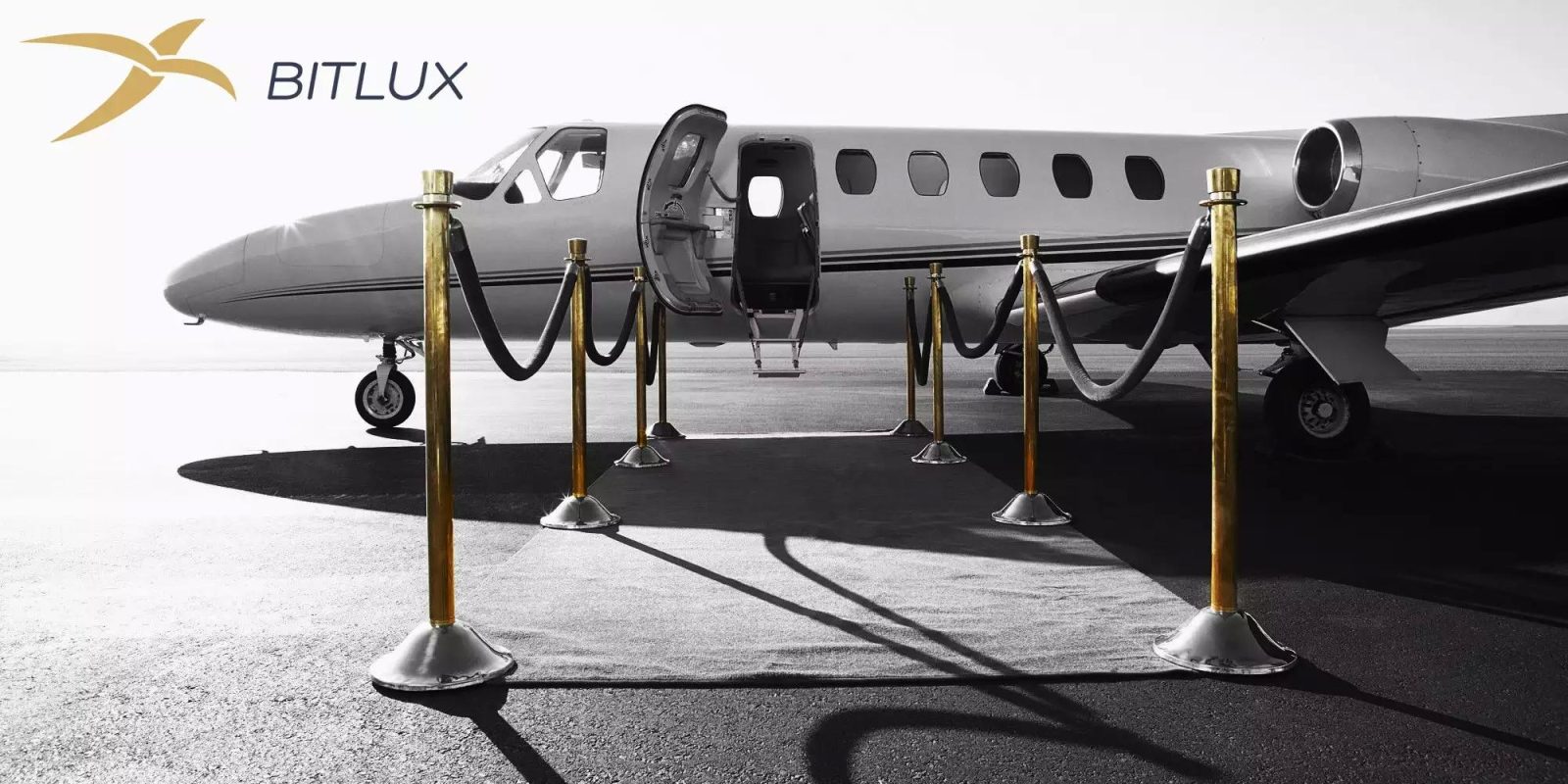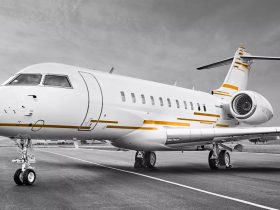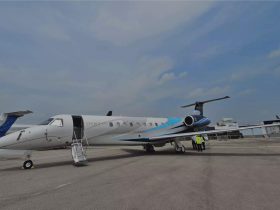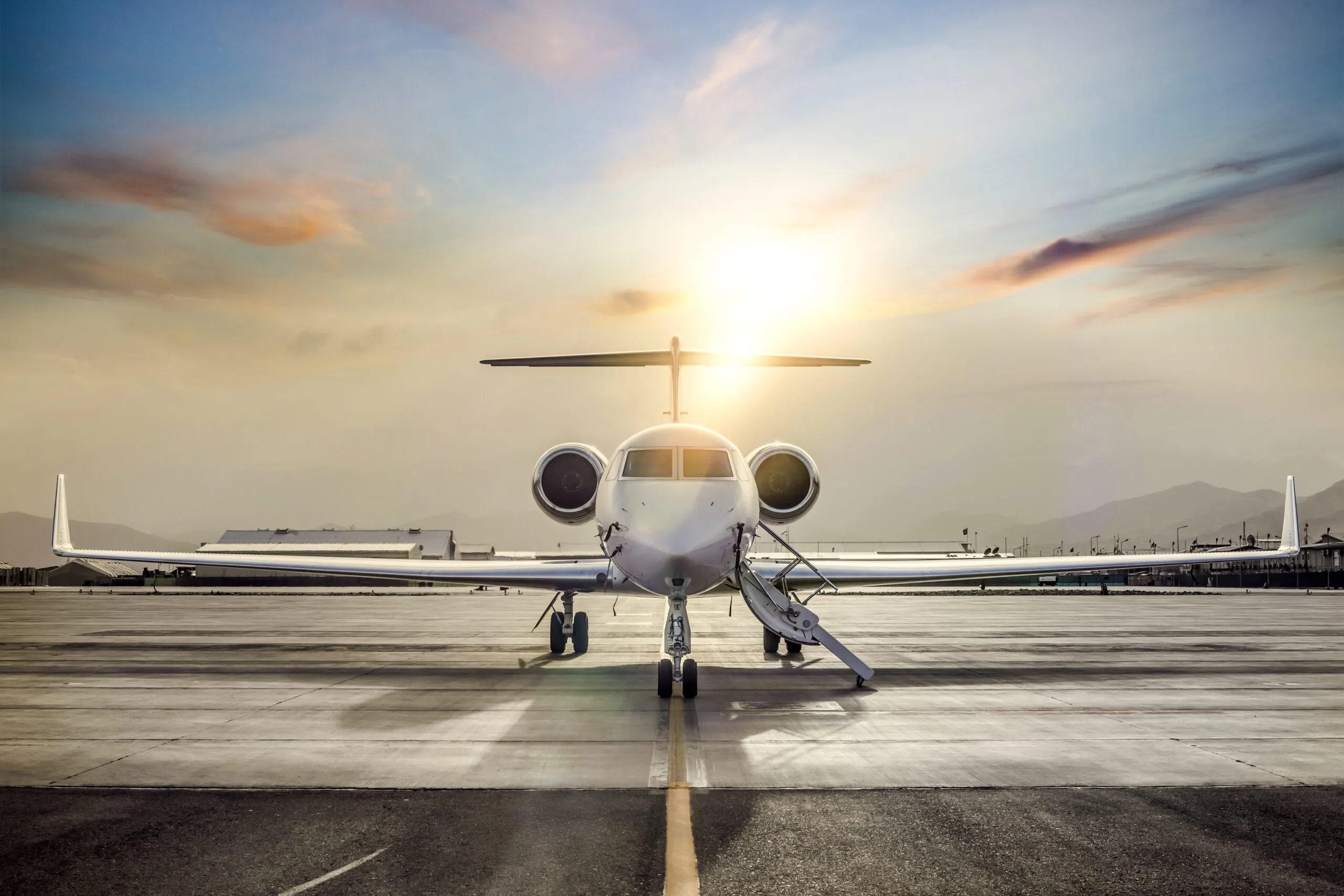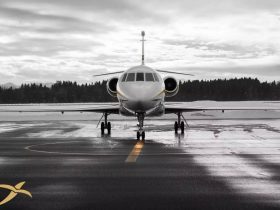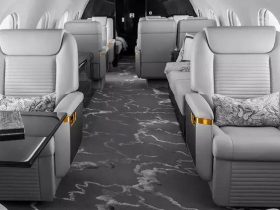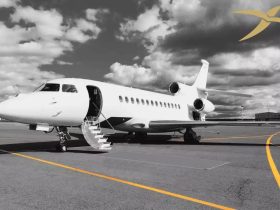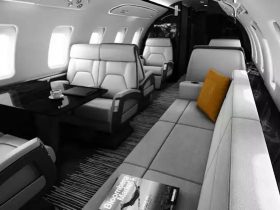Private jet ownership may seem like a luxurious dream for many, but the reality is that it comes with its fair share of costs and responsibilities. Understanding the true financial impact of owning a private jet is crucial for anyone considering taking the leap into this exclusive world of aviation.In this article, we will break down the various expenses associated with owning a private jet, helping you make an informed decision about whether or not it is a worthwhile investment for you.
Table of Contents
- Understanding the Initial Purchase Price and Depreciation
- Factoring in Maintenance and Operating Costs
- Evaluating Additional Expenses and Tax Implications
- Making Informed Financial Decisions for private Jet Ownership
- Future Outlook

Understanding the Initial Purchase Price and Depreciation
When delving into the world of private jet ownership, it is crucial to understand how the initial purchase price and depreciation can impact your overall costs. The initial purchase price of a private jet can vary greatly depending on factors such as the make and model of the aircraft, its age, and any customizations or upgrades that have been made.It’s essential to carefully consider these factors when deciding on which jet to purchase,as they will have a important impact on the overall cost of ownership.
Depreciation is another critically important factor to consider when calculating the costs of owning a private jet. Just like with any other asset, a private jet will depreciate in value over time. Understanding how depreciation works and how it will affect the value of your aircraft can help you make informed decisions about when to buy and sell. By keeping tabs on the depreciation rate of your jet, you can better manage your finances and ensure that you are getting the most out of your investment.
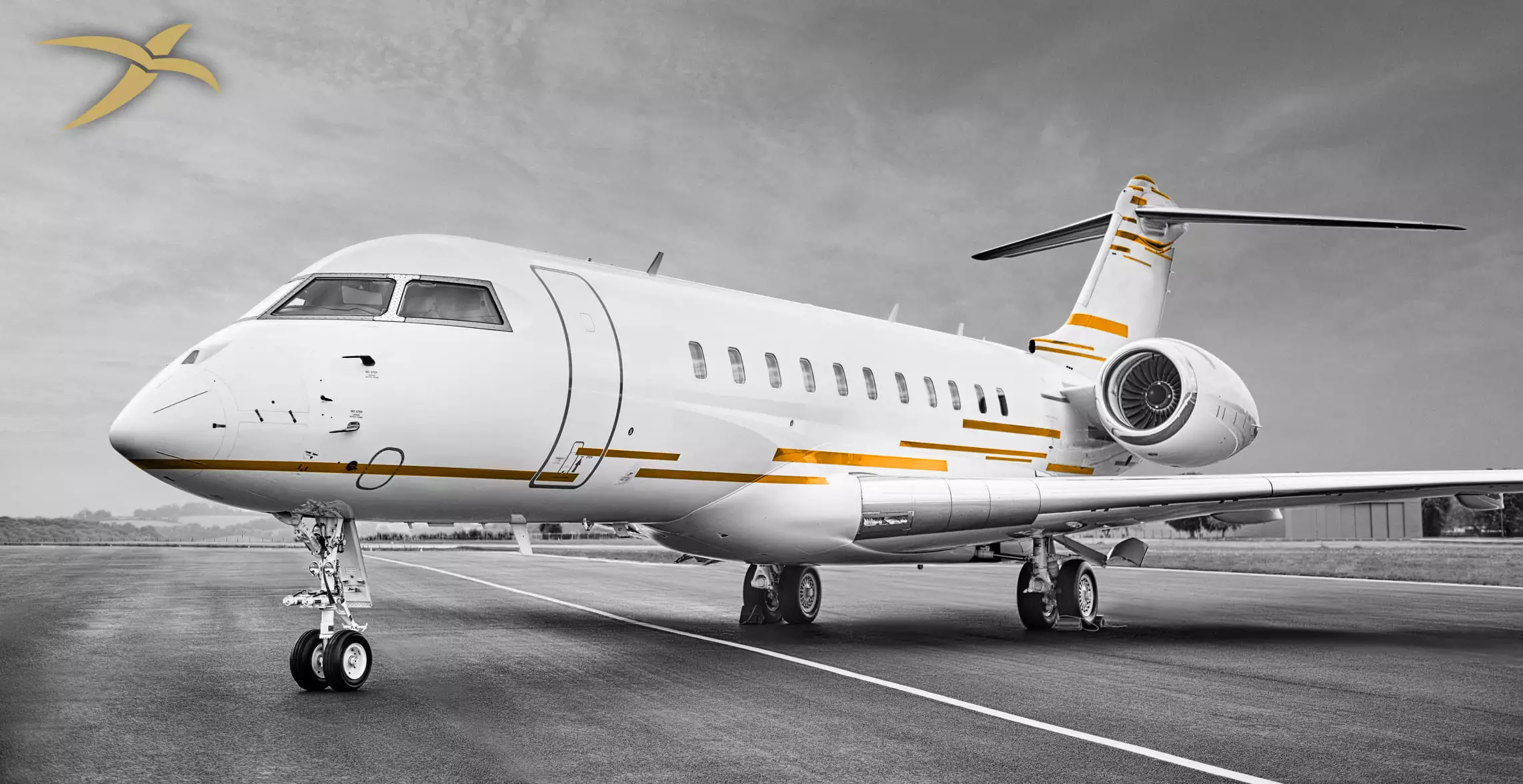
Factoring in maintenance and Operating Costs
When it comes to owning a private jet, it’s crucial to factor in maintenance and operating costs into your budget. These costs can vary depending on the type of jet you own, how often you fly, and other factors. To calculate these costs, you’ll need to consider regular maintenance, fuel, insurance, crew salaries, and more.
One way to help manage these costs is to create a budget specifically for maintenance and operating expenses. This can definitely help you stay on top of regular maintenance schedules, track fuel efficiency, and ensure that you have enough funds set aside for any unexpected repairs. By closely monitoring and planning for these expenses, you can enjoy the luxury of private jet ownership without breaking the bank.
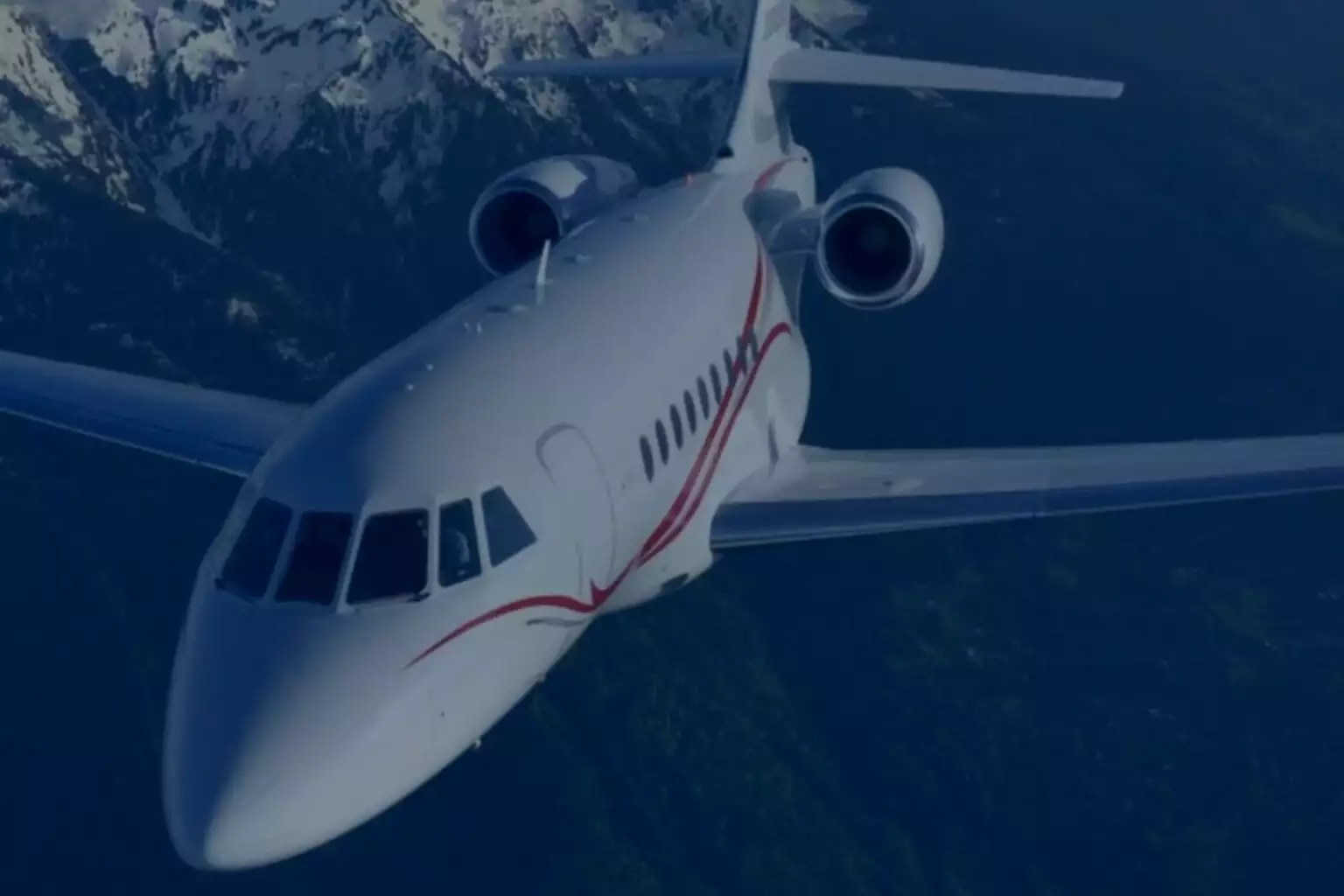
Evaluating Additional Expenses and Tax Implications
When considering private jet ownership, it is crucial to carefully evaluate all additional expenses and tax implications that come with it. One key factor to consider is the cost of maintenance and operation. private jets require regular maintenance, fuel, insurance, and crew salaries. These ongoing expenses can add up quickly and should be factored into your budget.
Another critically important consideration is the tax implications of owning a private jet. Owners may be subject to luxury taxes,sales taxes,and other tax obligations that can vary depending on the jurisdiction. It is essential to consult with a tax professional to understand the full scope of tax implications and ensure compliance with all regulations. By thoroughly evaluating these additional expenses and tax implications, you can make an informed decision about whether private jet ownership is the right choice for you.
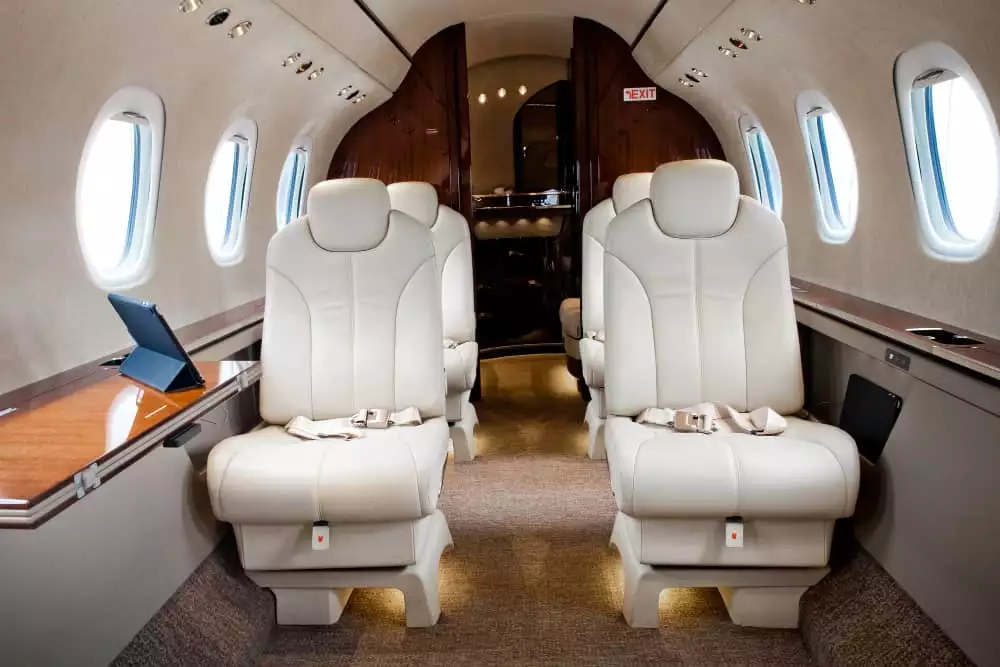
Making Informed Financial decisions for Private Jet Ownership
When considering private jet ownership, it’s crucial to have a clear understanding of the costs involved. Calculating the financial implications upfront can help you make informed decisions and avoid unexpected expenses down the line. Here are some key factors to consider when estimating the costs of owning a private jet:
- Acquisition Costs: This includes the purchase price of the aircraft,as well as any additional fees such as import duties and taxes.
- Operating Costs: These ongoing expenses include fuel, maintenance, insurance, and pilot salaries.
- Storage and Maintenance: Hangar fees, regular inspections, and repairs should be factored into your budget.
- Upgrades and Modifications: Consider potential upgrades or customizations to enhance the functionality or aesthetics of your aircraft.
By carefully evaluating these costs and creating a thorough financial plan,you can ensure that private jet ownership aligns with your budget and goals. Consulting with aviation experts and financial advisors can also provide valuable insights and guidance in making sound financial decisions for your aircraft.
Future Outlook
owning a private jet can provide unparalleled convenience and luxury, but it comes with a considerable financial commitment. By carefully calculating the costs associated with private jet ownership, individuals can make informed decisions about whether it is indeed the right choice for them.It’s important to consider not only the purchase price of the aircraft, but also ongoing expenses such as maintenance, fuel, and insurance. By thoroughly understanding and planning for these costs, individuals can enjoy the benefits of private jet ownership without experiencing financial strain. If you have any further questions or need assistance with calculating the costs of private jet ownership, don’t hesitate to consult with a financial advisor or industry expert.


